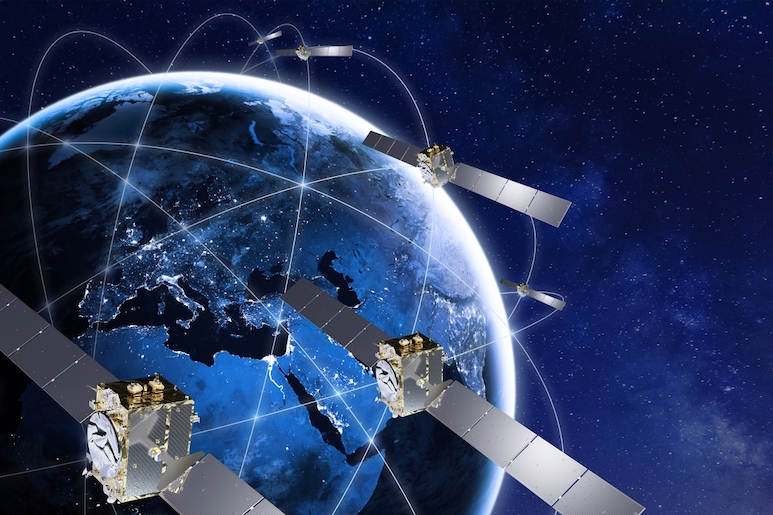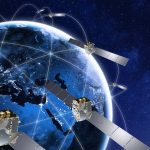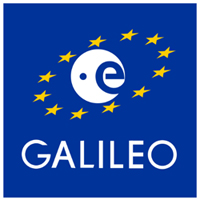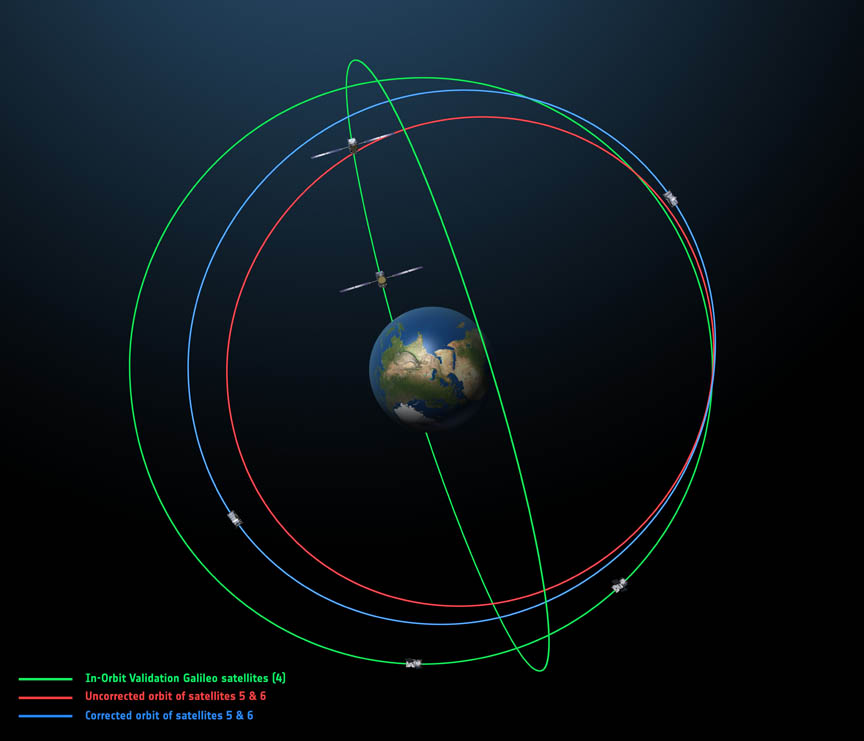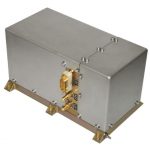The European Space Agency (ESA) picked Thales Alenia Space to develop the Advanced Orbit Determination and Time Synchronisation (ODTS) Algorithms Test Platform (A-OATP). The new contract will support the implementation and experimentation of the navigation algorithms that will be used for Galileo Second Generation.
Earlier this year, Thales Alenia Space (Italy) and Airbus Defence & Space (Germany) each received contracts to supply 6 satellites for Galileo’s Second Generation constellation, following an “open competition.” OHB System AG, the maker of 38 Galileo satellites to date, was shut out and immediately filed suit against the decision. The European Court of Justice subsequently lifted its injunction against Thales Alenia Space’s contract while keeping one in place on the Airbus contract.
Now Thales Alenia Space has won a key new contract in the development of Galileo’s Second Generation.
Second Generation satellites are scheduled to start orbiting by the end of 2024, carrying new technologies such as digitally configurable antennas; inter-satellite links for ranging, mission dissemination, command and control; new atomic clock technologies; and use of full electric propulsion systems. Altogether, these are foreseen to improve Galileo’s accuracy as well as the robustness and resilience of its signal, key to security and military usage.
From the beginnings of Galileo in space, with GIOVE-A, the system used a technique to characterize clock performance isknown as Orbit Determination and Time Synchronisation (ODTS). ODTS is a statistical method which takes Galileo and GPS data, optionally together with laser ranging data, provided by a network of 10 ground-based laser ranging stations of ILRS (International Laser Ranging Service), to provide orbital data independent of the navigation data. ODTS calculates spacecraft orbits, clock times, the effects of the Earth’s atmosphere on the radio signals and the delays in the receiving systems. The precision of the calculations is such that that the tiny orbit disturbances caused by the pressure of sunlight shining on the satellites are taken into account.
Now, Thales Alenia Space will develop and test a new Advanced ODTS solution. The new orbitography algorithms will allow a significant improvement in positioning performance and real-time operability of the Galileo system, by exploiting the accuracy of GNSS orbit and clock estimation, with a solution optimized for the real-time generation of Galileo navigation messages, and taking full advantage of the evolutions of satellites and ground stations considered in the 2nd Generation of Galileo.
Thales Alenia Space is a joint venture between Thales (France, 67%) and Leonardo (Italy, 33%), as prime contractor for Galileo First Generation’s Ground Mission Segment. The contract for six new satellites also encompasses a B2 phase regarding the development and implementation of the ground segment.

